In some nations, the women were the ones to own land and possessions. Most often this was because, since it was the woman's job to manage the property and care for the possessions, it was decided that men would not be able to properly manage it by themselves. Additionally, the man remained in the home on the woman's good graces, and should he be expelled from the home the children stayed with the woman, so she needed the possessions in order to care for them.
Women were revered as the beginning of all life. Because of this, they had a special place in many ceremonies. In nations that practiced purification ceremonies such as the sweat lodge, women generally did not participate because they had the unique power of cleansing themselves monthly through menstruation. Today, women rarely set themselves apart from the community every month for spiritual cleansing at the same time as the bodily cleansing, so they are again included in purification ceremonies.
On the Great Plains, as well as other places, households could not be properly run without both a man and woman participating. This does not mean that everyone had to be married, but it did mean that strict adherence to kinship obligations was imperative to the health of the community. If a woman remained unmarried, it was the duty of her male kin to provide her with meat and protection, while she in turn helped prepare his food and help the other women he provided for with their duties. Men had the duty of making sure all their female relatives were taken care of and, if his wealth allowed it, to help care for others as well.
Some nations allowed and even encouraged multiple wives. This was an imperative in some communities, especially those wracked by disease or war, where there were not enough men to care for all the women. It was right for any man who had sufficient wealth to take care of more than one wife to take another. However, he also had to be able to treat all his wives with equal affection and be able to protect and feed them all. It was not abnormal for a man to take a wife, then to also take a widowed or unmarried sister who also needed care. In fact, taking wives within the first wife's family was considered ideal because they already had the love of kinship for one another, increasing the chances of domestic harmony.
Women were seen as equal partners in every marriage because of the specific duties assigned to each gender. Without equal participation of both husband and wife, the family could not be sufficiently cared for. Certain nations, especially nomadic Great Plains nations such as the Lakota, encouraged women to also learn the arts of horsemanship, hunting, and warfare. While they rarely were required to use these, it ensured that the tiyospaye (family, or community, group) would never be left undefended even when all the warriors were away.
The roles of women vary greatly from one nation to the next, but in every case they were a respected, indispensable part of every community. More often than not, the wife had much more authority in the home than the husband and could decide to put him out of the home if he failed in his obligation to her. It was the role of a loving wife to always treat her husband with respect and to advise him in many different facets of life. Many societies were distinctly matriarchal. Many advocates for women's equality think that the Native American nations were prime examples of the bondage of women because of their ties to the home and children. This sentiment is quite misplaced, as further research into nearly every Native American nation will reveal.

Unisex Dark Blue Pattern Beaded Handmade Necklace <<Buy Now>>




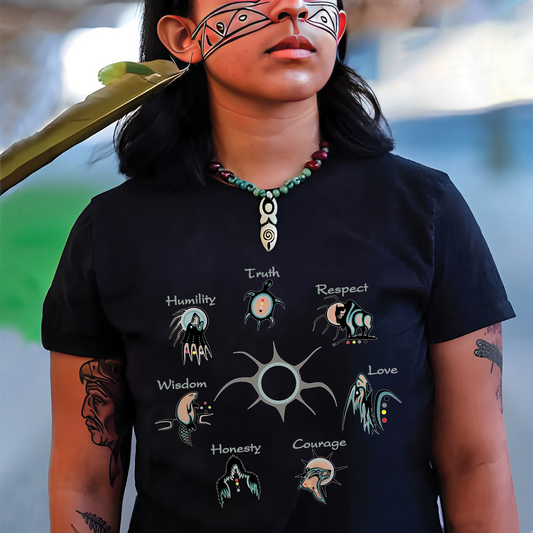
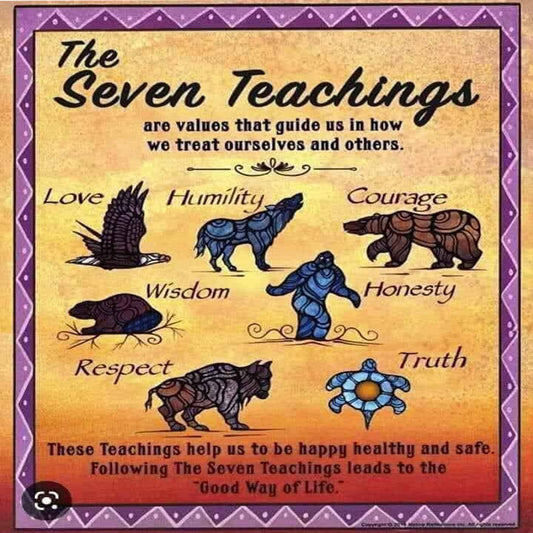

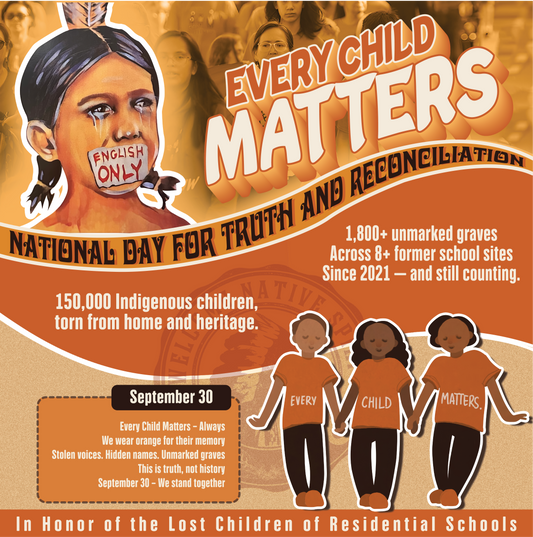

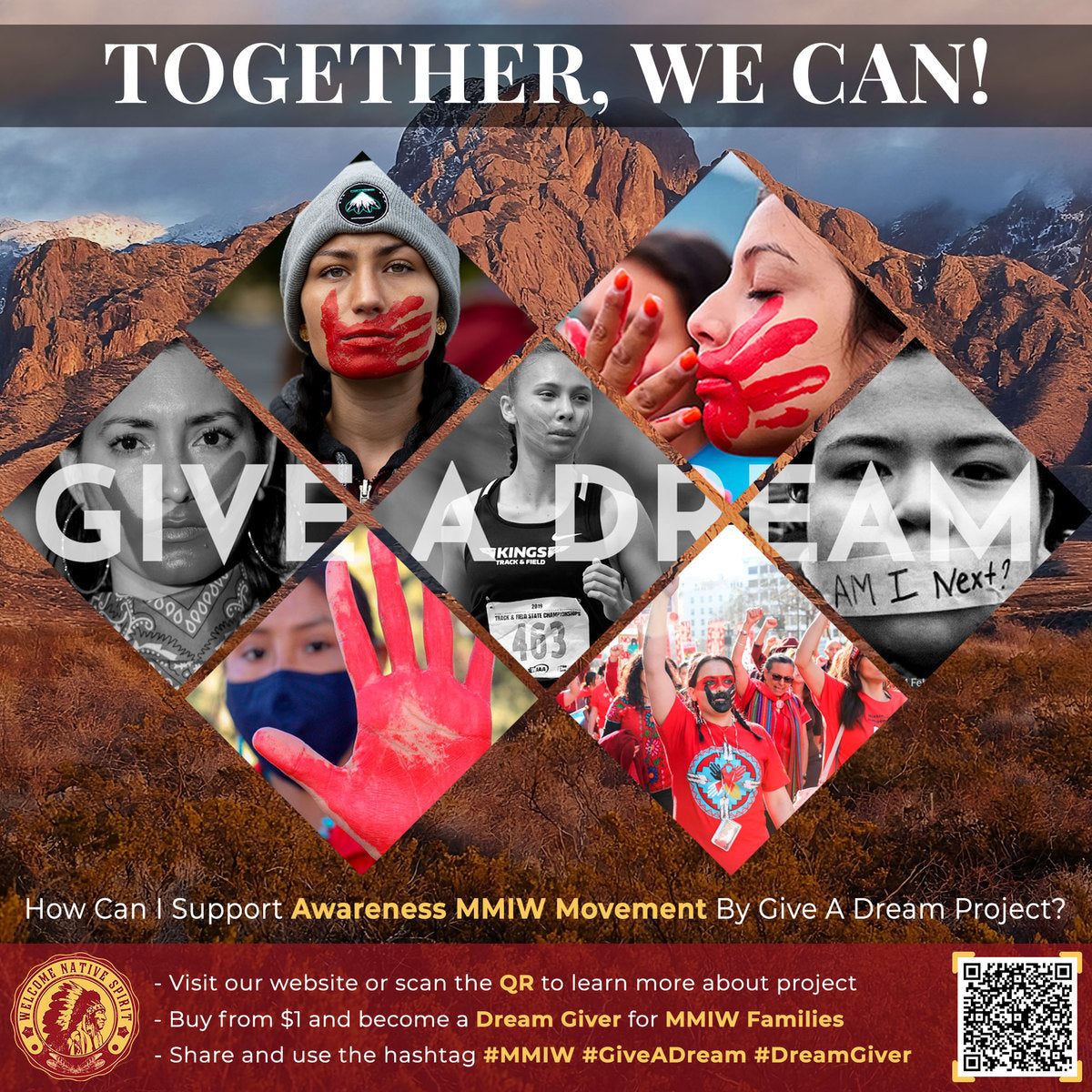

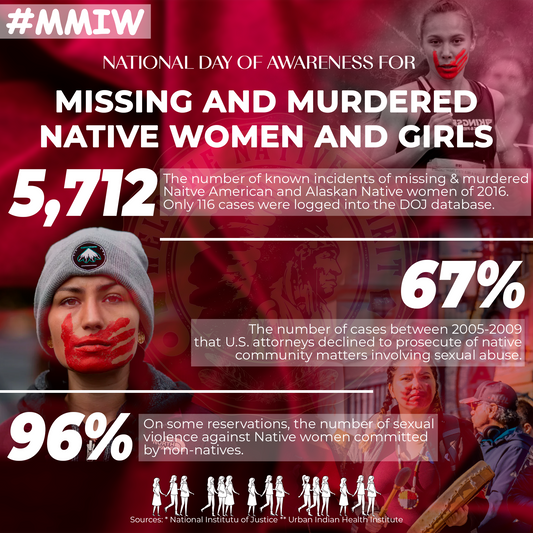

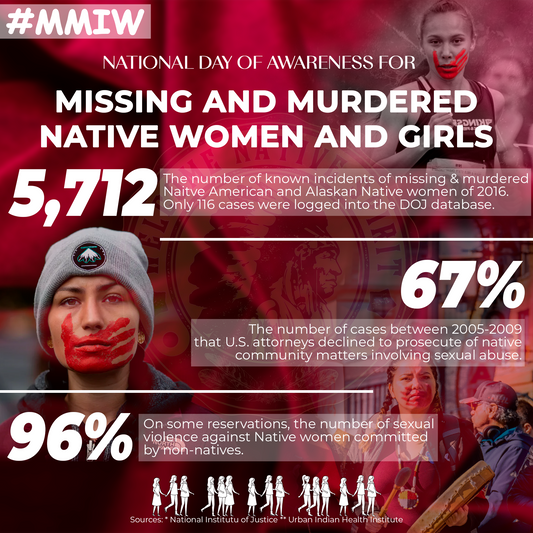
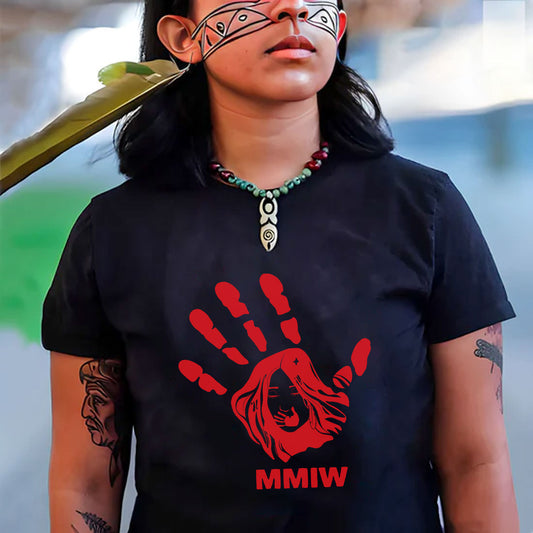
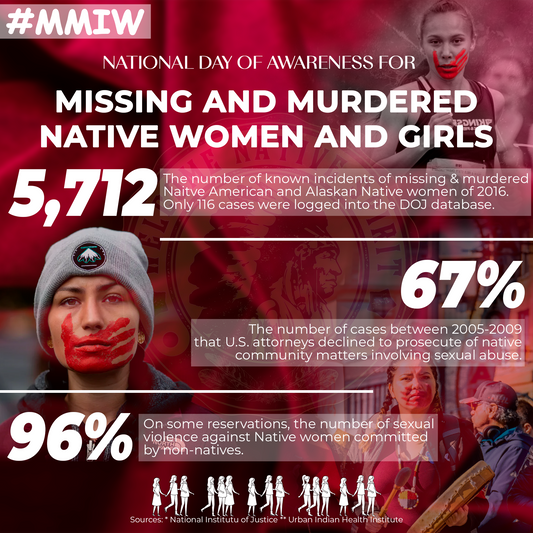




3 Comments
after reading this article i have learned that native american women did more than bear children prepare meals and keep house. They did a lot more
It is great to know that Women played a bigger role in their nation than just someone to just have babies, clean the home and cook meals. I have learned that they can be warrior, medicine woman and leaders.
Thank you for furthering my education of Native women’s role in each clan. Looking forward to more articles like these.